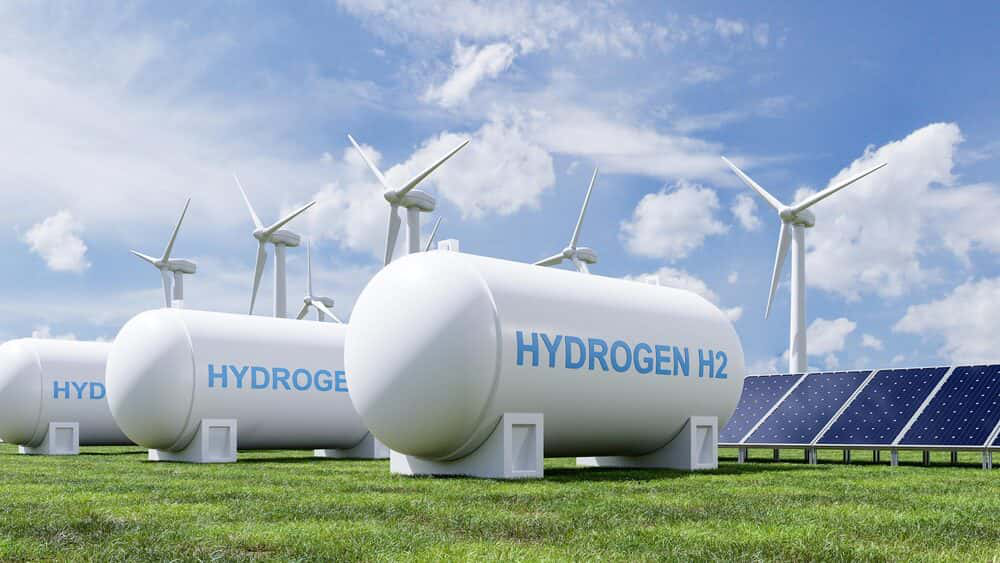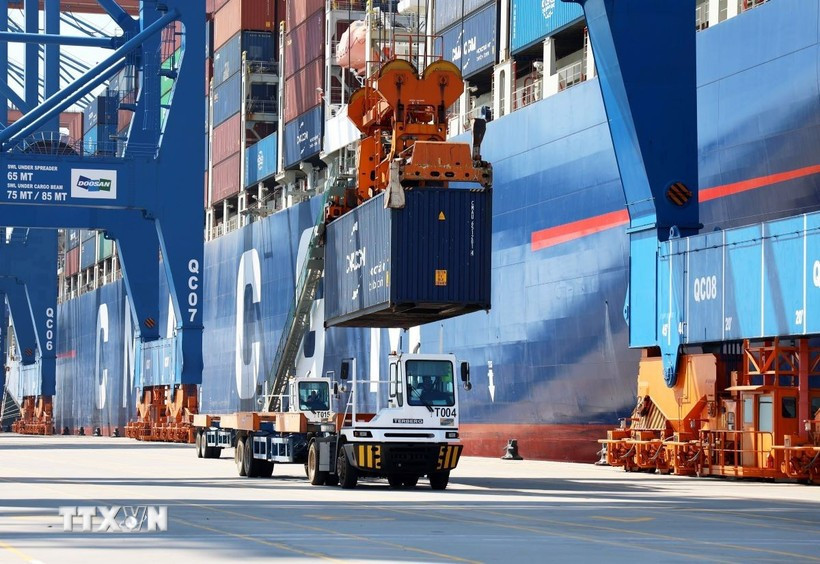Honeywell teams up with The Green Solutions Group Corporation for Vietnam's first green hydrogen plant
On February 21, US industrial giant Honeywell announced that it has signed a MoU with The Green Solutions Group Corporation (TGS) for the Tra Vinh Green Hydrogen Project, Vietnam's first green hydrogen plant in the Mekong Delta.

With total investment of VND8 trillion ($341 million), the Tra Vinh Green Hydrogen project covers an area of 21 hectares in Tra Vinh’s Duyen Hai district. The project produces hydrogen from seawater electrolysis. Electricity is used to split water into hydrogen and oxygen, and the hydrogen produced can be stored in liquid form, is easy to transport, and is suitable for use in many fields.
TGS broke ground on the project on March 2023, which is slated for completion in two years. Once operational, the project will initially produce 24,000 tonnes of green hydrogen and 195,000 tonnes of oxygen a year. It will provide direct jobs for 300-500 residents.
Under the MoU, Honeywell will provide project automation design and management and energy management for energy transition, including battery energy storage systems (BESS), to enable TGS to integrate renewable energy sources into the green hydrogen plant.
"Honeywell's battery energy storage system will play a key enabling role in the Tra Vinh Green Hydrogen project," said Ramanathan Valliyappan, regional general manager of Honeywell Process Solutions. "It will extend renewable energy from TGS' solar farms beyond sunlight time as well as extend wind power when the winds are calm. Honeywell's BESS platform helps decrease costs and carbon emissions by providing grid stability from renewable power sources, thus enabling the production of green hydrogen at the Tra Vinh plant."
In addition to BESS, Honeywell will provide extensive solutions and expertise covering the entire hydrogen value chain to help TGS operate safely, profitably, and meet its renewable energy production goals.
"Our collaboration marks a critical step towards the production of green hydrogen at the Tra Vinh plant," said Huynh Thi Kim Quyen, managing director of TGS. "The Tra Vinh Green Hydrogen Project is a major landmark for our company and a significant milestone towards realising our national goal of decarbonising the energy sector with renewable energy solutions, contributing to a cleaner and more sustainable future."
Vietnam pledged to become net zero by 2050. By some estimates, it is one of the top five countries likely to be most affected by climate change, with possible severe social and economic risks.The country has high solar and wind power potential, especially in the Mekong Delta region where the Tra Vinh plant is located.
By Thanh Van
Source: VIR
Original link







